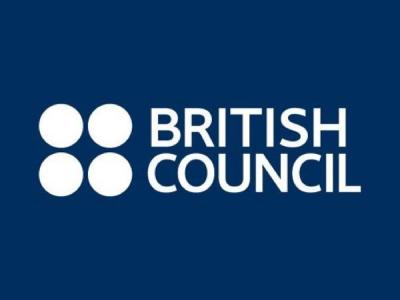
The Fellows will spend 10 months undertaking research and study at IASH, followed by two months in their home countries focused on engagement and dissemination in collaboration with British Council colleagues and stakeholders. The knowledge and insight they generate will complement the British Council's own evidence and expertise and inform their cultural relations programming and learning. It will also advance international knowledge exchange in areas of strategic interest such as international relations and soft power, international development, peace building and cultural diplomacy.
Both inaugural projects have questions of trust, decoloniality and connection at their core – topics that are fundamental both to the British Council's work and to the wider international context in which they operate.
Anthea, what most excites or appeals to you about this fellowship programme?
What excites me about this fellowship programme is the space, time, and support I will receive to return to my practice as an artist and put my research skills to good use! In the co-creation of an interdisciplinary team of artists and researchers, I am thrilled to work and play with old peers and meet and play with new ones and see what we will come up with. I am excited about the social ripples this project can create…
Viktoriia, how do you hope the fellowship will support your research training and professional development?
Both the British Council and the University of Edinburgh are committed to research and examination in the field of postcolonial studies. This is important for me to maintain criticality and objectivity when researching such sensitive topics, considering my personal involvement and connection with the subject. A professional circle of colleagues and interlocutors can help maintain the balance to ‘think straight’ and see arguments from different points of view.
Read the full interview here.
